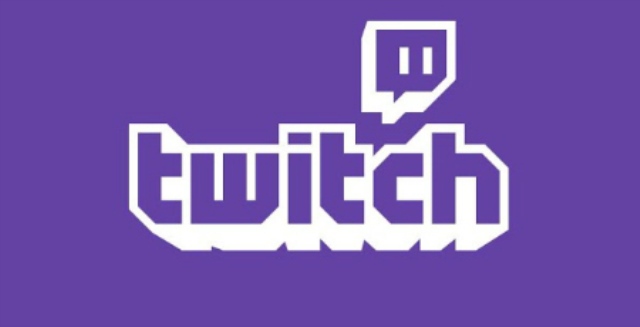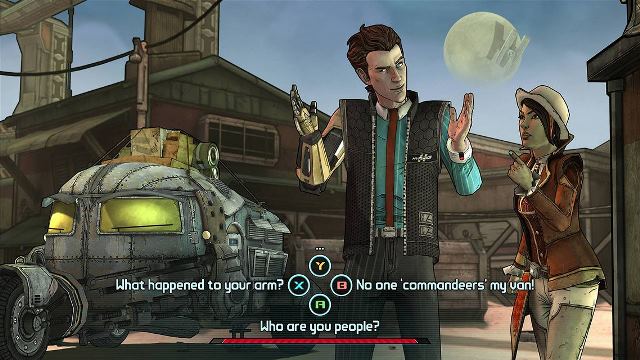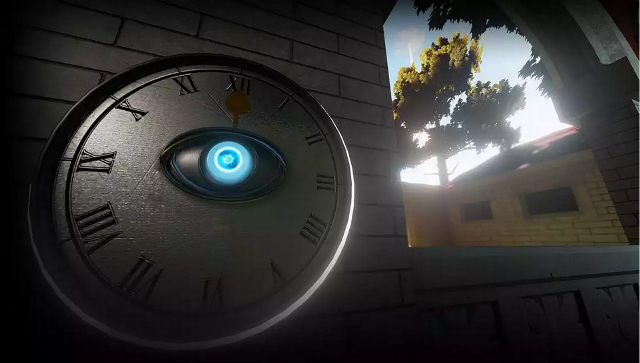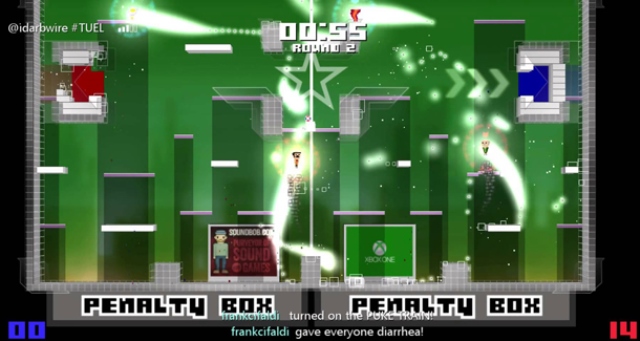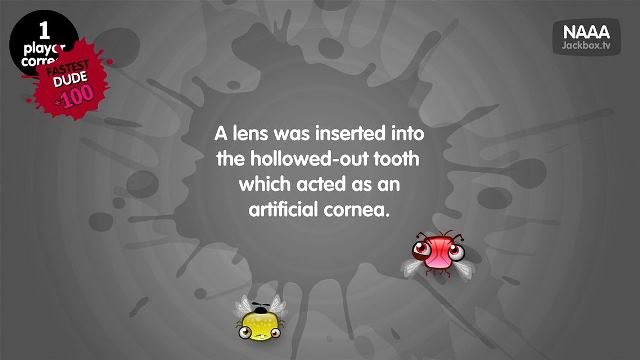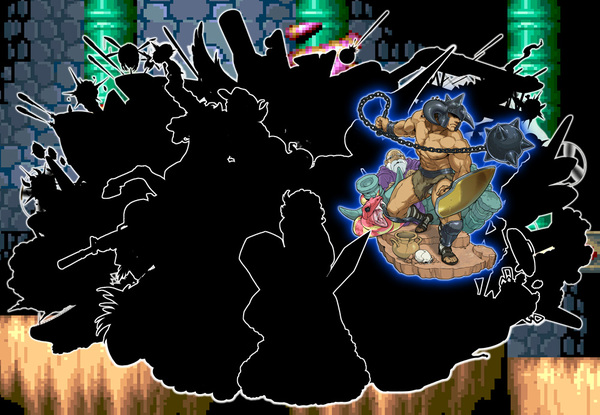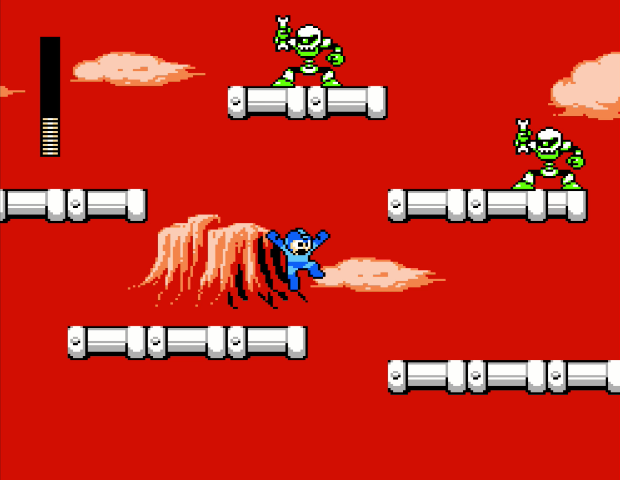Last month, XBLA Fans was streaming Resident Evil Revelations 2 on our Twitch channel when something unexpected happened: the feed abruptly cut to the pause screen pictured above. XBLA Fans’ Michael Cheng hadn’t stopped playing and was still attempting to actively broadcast gameplay, so we knew something external was affecting the stream.
That something was Capcom. The game’s developer-slash-publisher, in an effort to minimize gamers’ exposure to certain scenes that are critical to determining what ending players receive, blocks segments of Revelations 2 from being streamed via the Xbox Twitch app. Capcom kicks all Xbox Twitch streams to the pause screen during the final boss fight, cutscenes, credits and after-credits cutscene. Speaking with XBLA Fans, a representative for the company explained that it wants to “give players a pure and un-spoiled experience,” so it “chose to disable the native capture so that video sharing during those segments was limited.”
This got us thinking: how do other ID@Xbox game developers view Twitch streaming? Are they worried about potential gameplay or story segments being ruined for viewers? We asked a few developers if they had official Twitch policies and whether or not they felt streamers were helping their games to find larger audiences. Official stances on Twitch were a bit mixed, but everyone we talked to agreed that streaming could benefit them. One in particular, however, cautioned against giving streaming codes to anyone and everyone and noted that not all games companies need help from streamers.
Of streams and spoilers
There is perhaps no ID@Xbox developer more well-known for story-driven experiences than Telltale Games. Unfortunately, the studio that popularized episodic game releases declined to comment directly on the issue. Telltale, however, did partner with The Nerdist to stream the entirety of the first Tales from the Borderlands episode a week ahead of its release last November. It also got together with voice actors Troy Baker and Laura Bailey to stream the second episode a few days after its release late last month. It remains to be seen whether or not Telltale will be so eager to stream the season’s surely spoiler-filled final episode in full, but its past actions paint a picture of a studio that does not shy away from streaming spoilers.
Joe Brammer, whose Deco Digital studio released the self-discovery-based puzzle game Pneuma: Breath of Life in February, was willing to speak more directly on the subject of Capcom blocking spoilers from streaming. He told XBLA Fans via email that developers don’t necessarily need to have a formal stance on Twitch streaming. Brammer conceded that it’s beyond his power to stop spoiler broadcasting — anyone can stream whatever game content they wish by using a video capture card instead of Xbox One’s Twitch app — but that doing so isn’t something that interests him anyway. For Brammer, watching someone play his game live and unedited is “pretty cool.”
“For Capcom it’s different,” he noted. “They don’t necessarily need Twitch to advertise their gigantic titles. We don’t have the same reach they do, so we need to get Twitch streamers to play the game. Spoilers can be an issue, but we believe players are intelligent enough to buy the game despite seeing one or two spoilers. It’s not a movie. You can play it knowing the ending and still thoroughly enjoy it.”
Deco Digital is a small indie developer that lacks major brand recognition; doesn’t have fans who’ve followed its big franchises for decades; and can’t expect to receive a tremendous amount of traditional media coverage. Capcom doesn’t have those problems. Gamers recognize the company name, its franchises and even some of its individual developers. And while virtually every major games media outlet will cover a Resident Evil release, considerably fewer are likely to flock to cover a game like Pneuma: Breath of Life.
Still, Brammer cautioned against indifference when it comes to distributing free game codes to streamers. Some of them are more obsessed with obtaining free pre-release game codes for themselves to enjoy than they are with using said codes to create entertaining and buzz-generating content for viewers. The former group is looking out for number one, so to speak, and may carry a sense of inflated self-worth and entitlement when it comes to getting free games. Brammer is leery of that group, so much so that he even engaged in a bit of doomsaying.
“One issue is that A LOT [emphasis Brammer’s] of Twitch streamers think that because they have a Twitch account, they are a fledgling journalist that deserves a free copy of the game,” he warned. “Anyone can register, not anyone can produce great content. We can’t start giving away free copies to everyone, but the reality is, the games industry will implode. You’ll be forced to play worse games because we can’t afford to make better ones.”
On the surface, streaming codes may appear “free” and giving them out to anyone and everyone willing to broadcast play sessions under the guise of “free” publicity may seem like a no-brainer. However, there are, in fact, monetary and opportunity costs for games companies’ public relations teams to consider when distributing these codes. For starters, there is a finite amount of free codes to give out for each game. The industry’s public relations specialists are tasked with maximizing the return on each code that’s handed out. When they choose to give a code to a specific streamer they are doing so not because that streamer somehow deserves it, but because they believe the publicity bump they’ll get will justify that distribution. If a developer or PR rep thinks an individual’s reach is wide enough and his/her stream quality is high enough to garner a certain level of exposure and excitement, they’re going to give that person a code. If not, they may want to consider distributing it elsewhere.
Additionally, as Brammer alluded to, giving away too many free codes can eat into profits. If all of your most enthusiastic customers receive free copies of your game, who’s going to buy it? It may be a bit extreme to assume there will be literally no one left who’s willing to spend money if you give out too many free codes, but it is perfectly reasonable to worry about converting too many potential paying customers into free players. Individual developers and PR teams are likely to settle on differing strategies, but any who seek to release profitable games would be well advised to consider how or even if they should limit the dispersal of free games for streaming.
Somebody set up us the bomb
Other Ocean Interactive Creative Director Mike Mika is one individual who knows a thing or two about free games and streaming, and he has an approach to both that’s all his own. His basketball/platformer hybrid, #IDARB, was designed in part with the help of “The People of the Internet.” Since gamers helped Other Ocean to design the game by contributing multifarious ideas for it over Twitter, Mika endeavored to give them all something back in return. When development concluded this past December, he indiscriminately gave a free copy of #IDARB to almost anyone who asked him for one. The game formally released as part of Microsoft’s Games With Gold program in February, meaning it was once again free, this time for anyone with an Xbox Live Gold subscription.
Mika hadn’t waited until his game was finished to start giving something back to the so-called People, either. He had worked something else in during development: streaming interactivity. Viewers can tweet “hashbombs” at @idarbwire to cause in-game effects like the appearance of a player-hunting shark or the transformation of all players into clowns. Other Ocean suspected that gamers would reward them if they supported gameplay broadcasts from the start, but not to the degree that doing so ultimately did. Of course, it helped that Mika’s team didn’t have any spoilers to worry about.
“We suspected it would have an impact on the game, but the actual magnitude of it was a total surprise to us,” Mika admitted. “The first codes we sent out before the game was even released led to the kind of exposure you only get on AAA games. That had everything to do with streamers. Our game is very different from others. For instance, we don’t have any real narrative of any kind, so I wasn’t worried about it as much as other teams seem to be.”
He added that Other Ocean “really” wanted to support streaming. “We thought that if we could find a way to make a typically passive audience more engaged, it would lead to more fun, and then more exposure. We don’t have a budget for any kind of marketing, so we needed to solve it by making the game market itself.”
Jackbox Games CEO Mike Bilder found himself also wanting to directly support streamers during development of party game The Jackbox Party Pack. And like Mika, he too didn’t have to worry about spoilers, since his game had none.
Bilder describes his team as “huge fans of Twitch.” Jackbox Games did not, however, expect previous release Fibbage to be a hit on the service when it launched in August of 2014. The expectation had been that players would gather together in person at parties for a few shared laughs while they played. The team was surprised when it noticed players were streaming the game and allowing viewers from all over the world to play along with them.
“This influenced the later stages of development of The Jackbox Party Pack,” explained Bilder. “While finishing the pack, we took some extra steps to further embrace the streaming by extending timers in Drawful and making some tweaks to Lie Swatter.
Many a small thing made large
For Other Ocean’s Mike Mika, it’s difficult to say at this stage whether or not designing with Twitch in mind and giving his game away so freely worked. When he responded to XBLA Fans’ request for comment in March, his game had only been available for purchase for a few short weeks. “I will say this, though: compared to other games in a similar situation, I think it gave us a huge advantage,” he said. “Now we have a gigantic audience to serve, and thanks to embracing them in a way that is unique and engaging we solved one of the biggest obstacles a developer like us faces: being seen in a sea of games when you can’t afford to buy their attention.”
Jackbox’s Mike Bilder thinks his game, too, was helped by being so streaming-friendly. Though he was also unable or unwilling to cite tangible proof of success, Bilder believes the streams speak for themselves. “We feel like these streams have helped sales of Fibbage and The Jackbox Party Pack. Watching people type in crazy answers in Fibbage or draw ridiculous things in Drawful hopefully makes viewers want to buy The Jackbox Party Pack and host a party with friends or start a stream of their own.”
You’d be hard pressed to find a developer who doesn’t speak highly of Twitch streaming. When leveraged properly, it’s a useful tool for exposing a game to a wider audience, which is something just about all developers want. But whether every part of every game should be streamed by everyone is another matter entirely. And it’s one that individual developers and PR teams need to decide where — if anywhere — to take a stand on.

